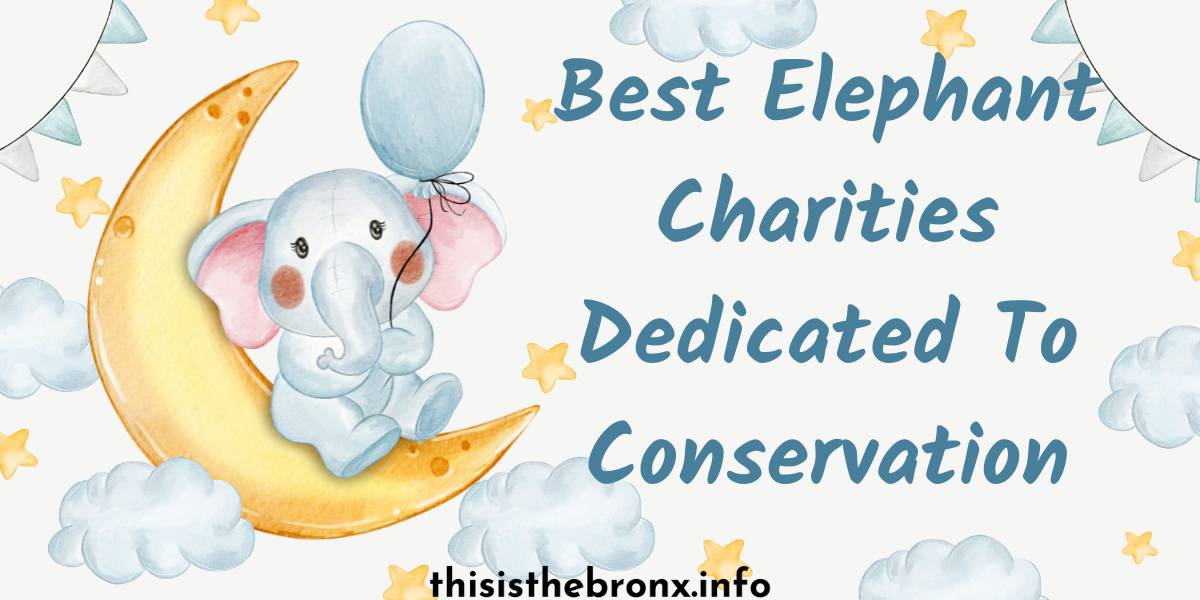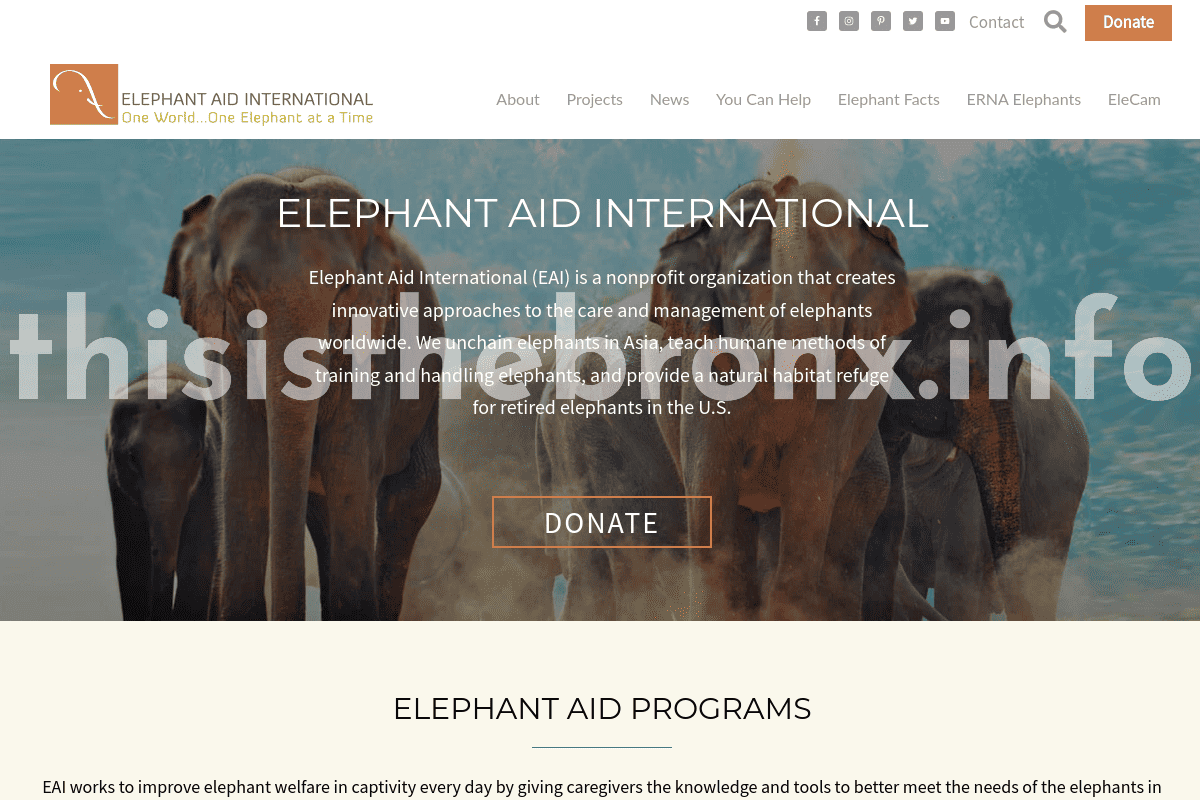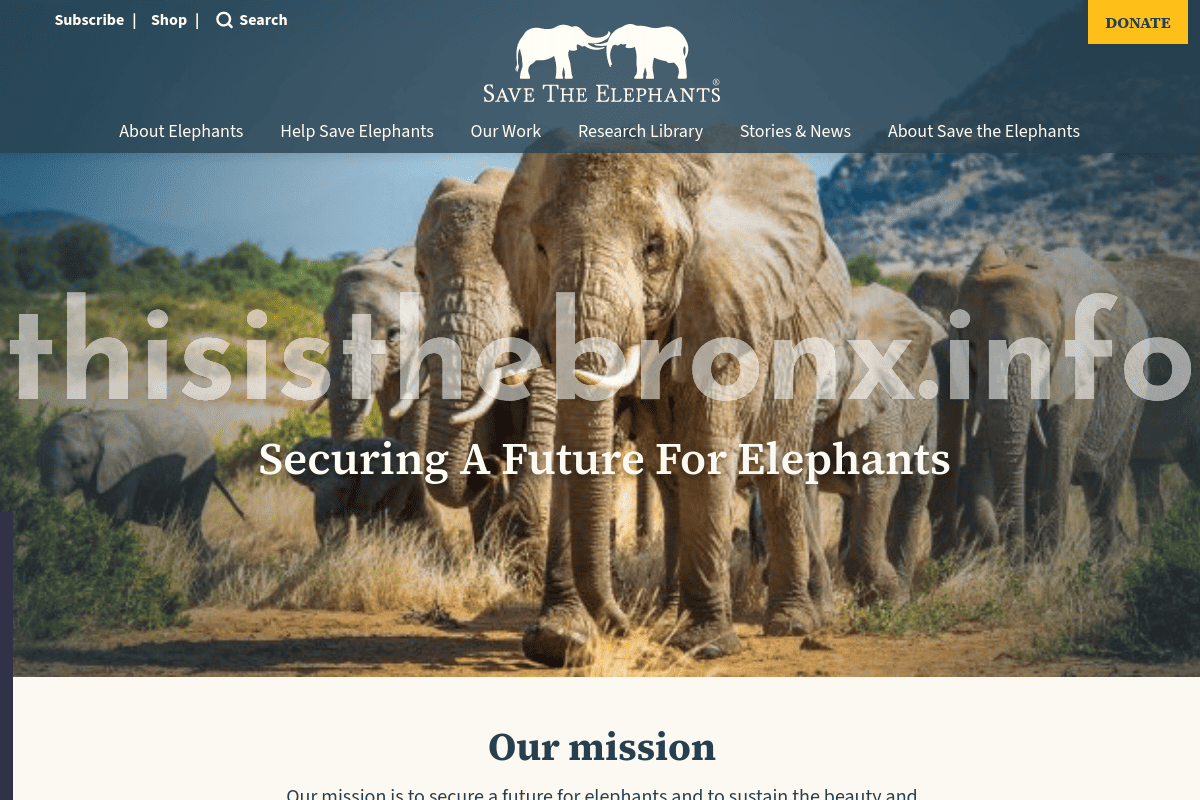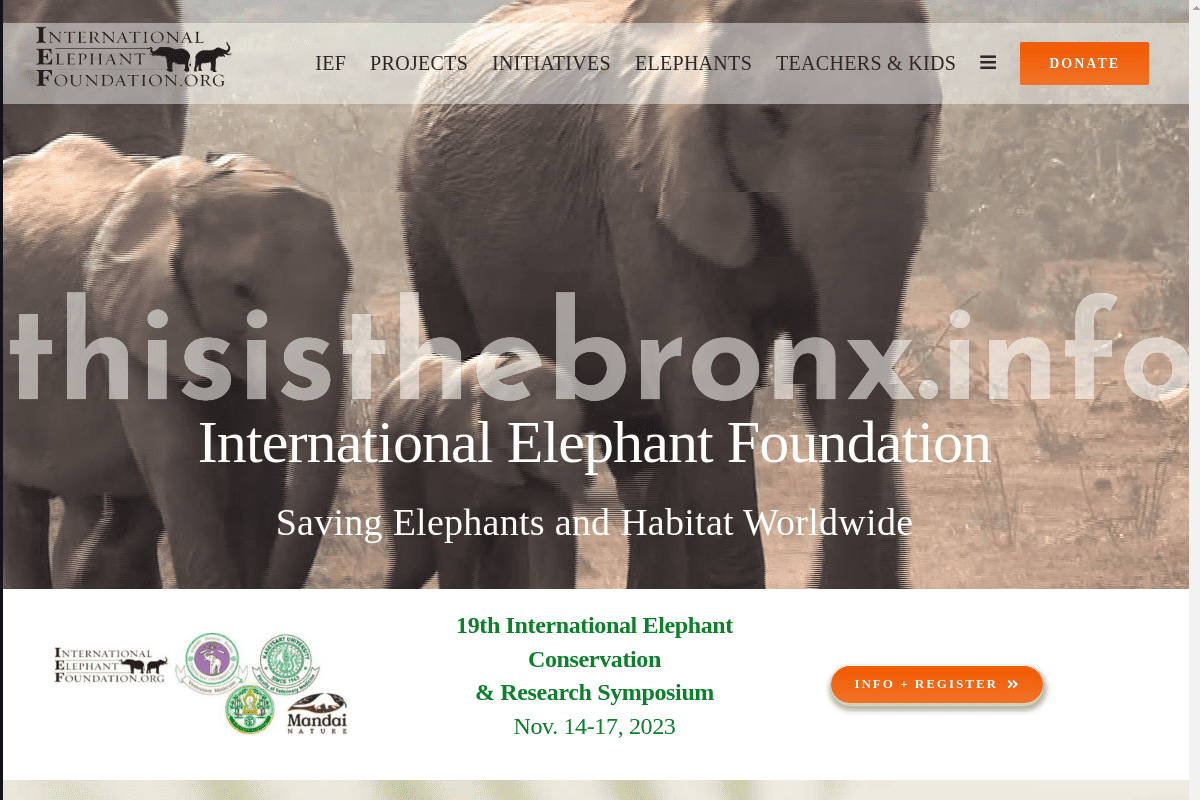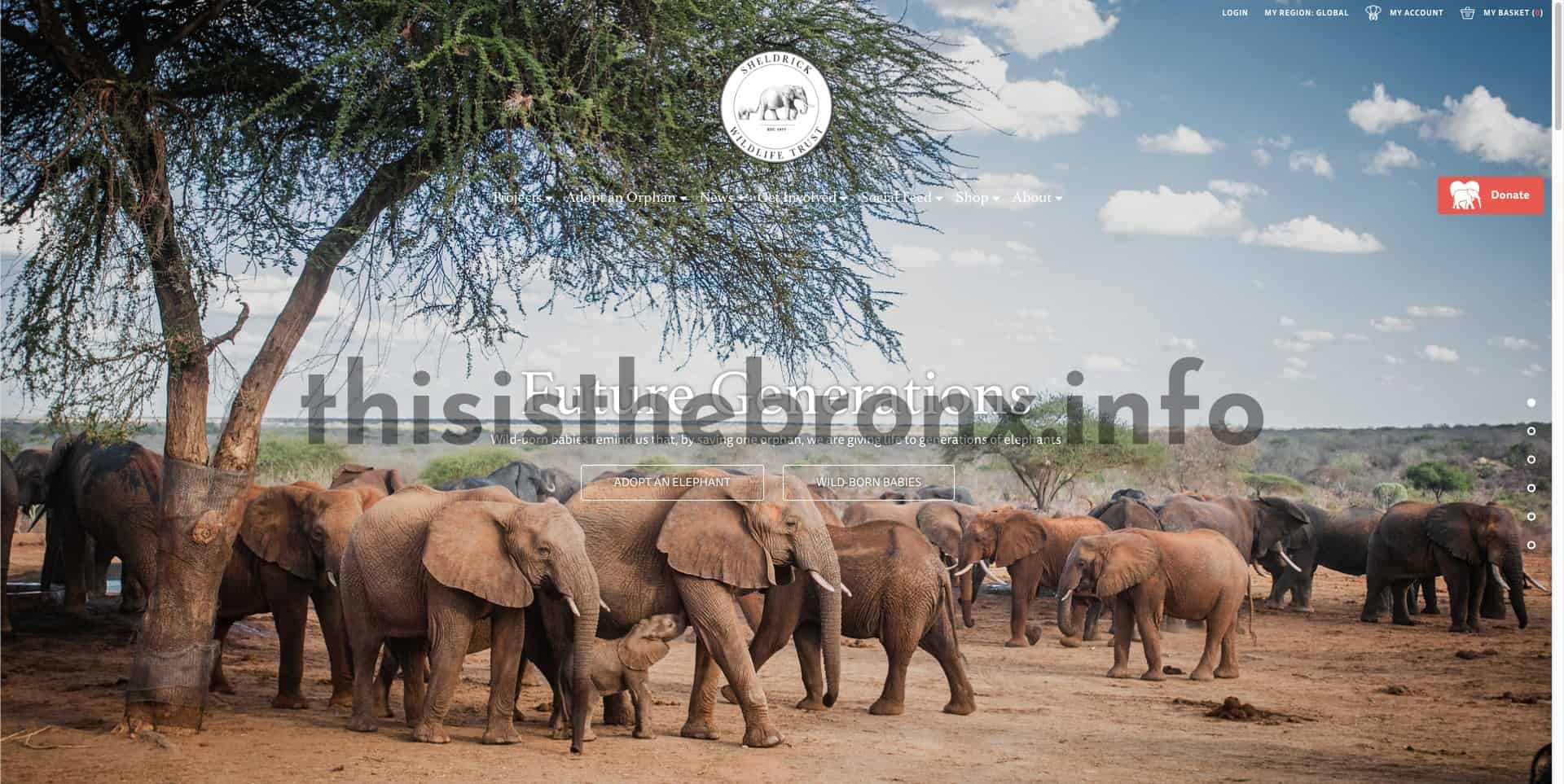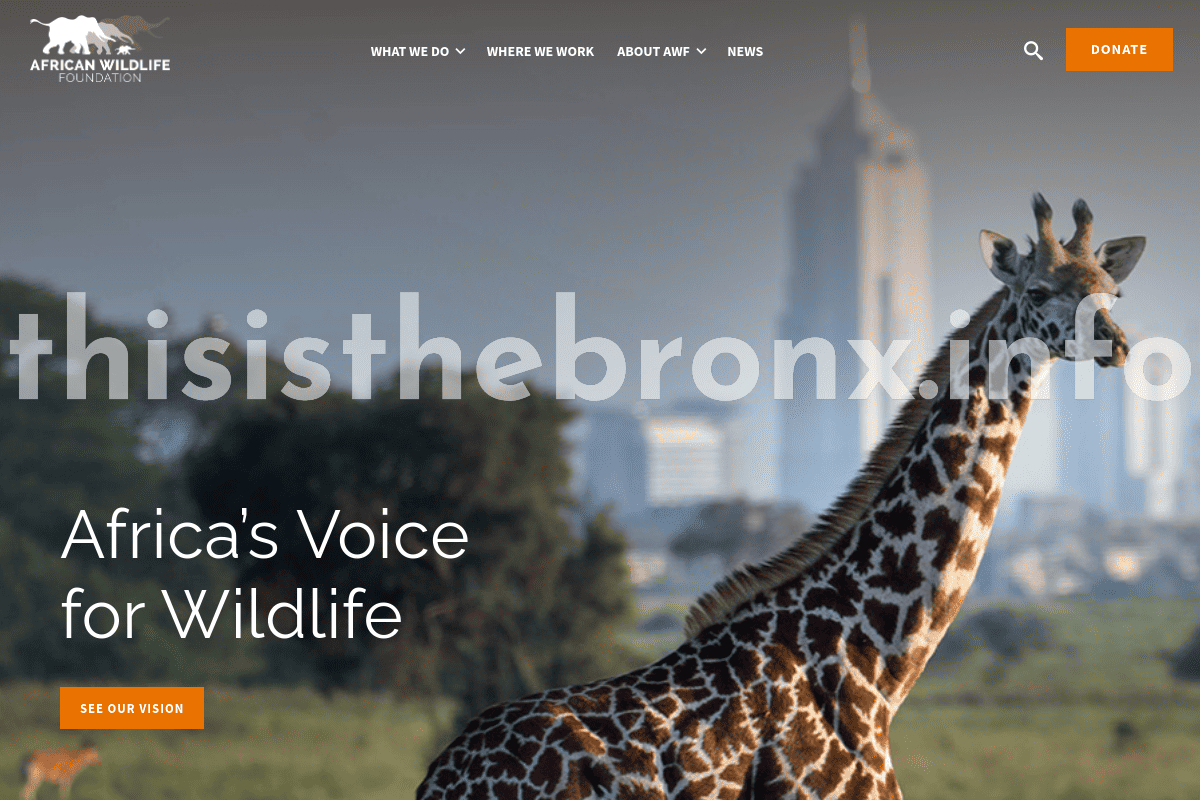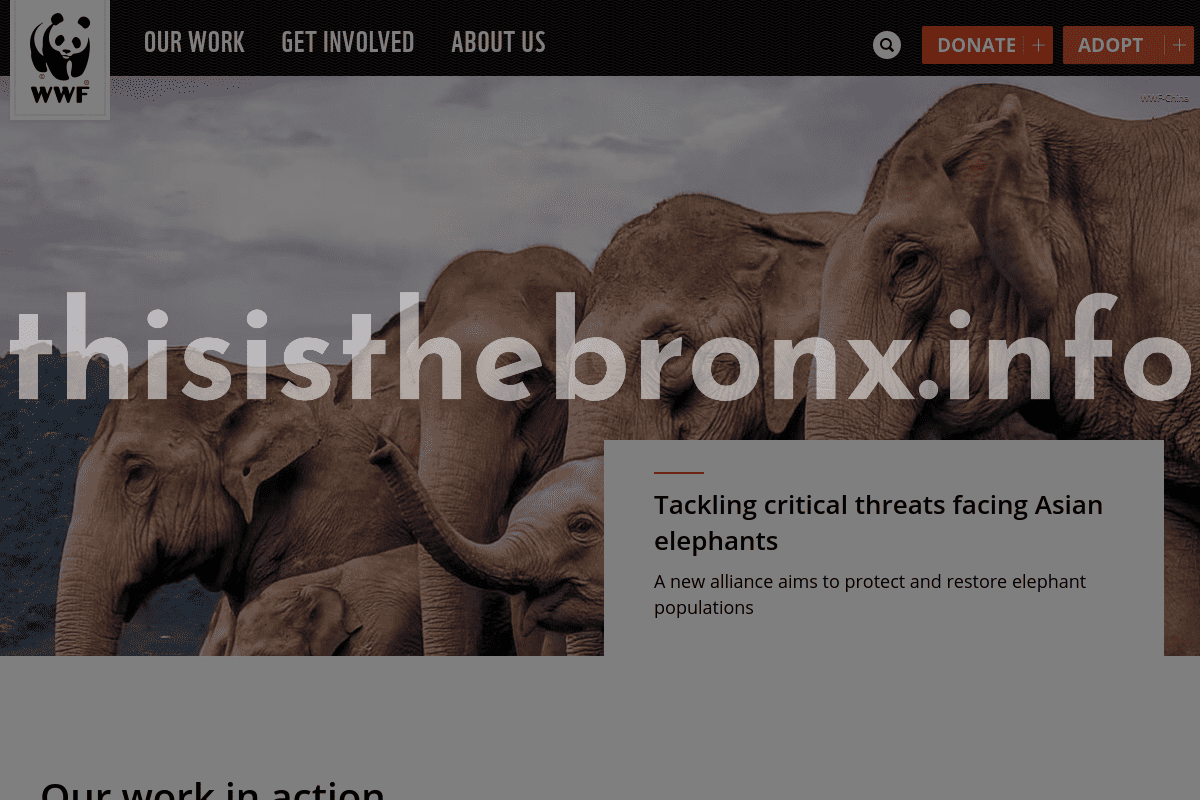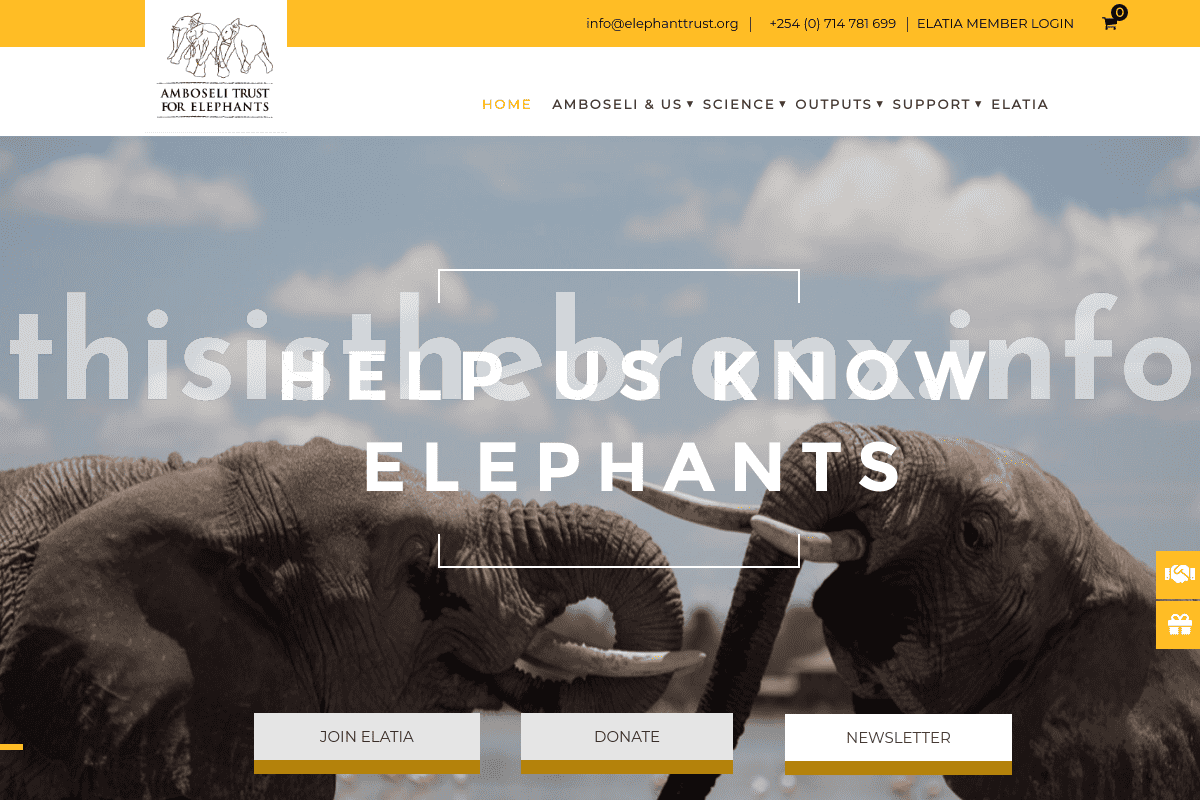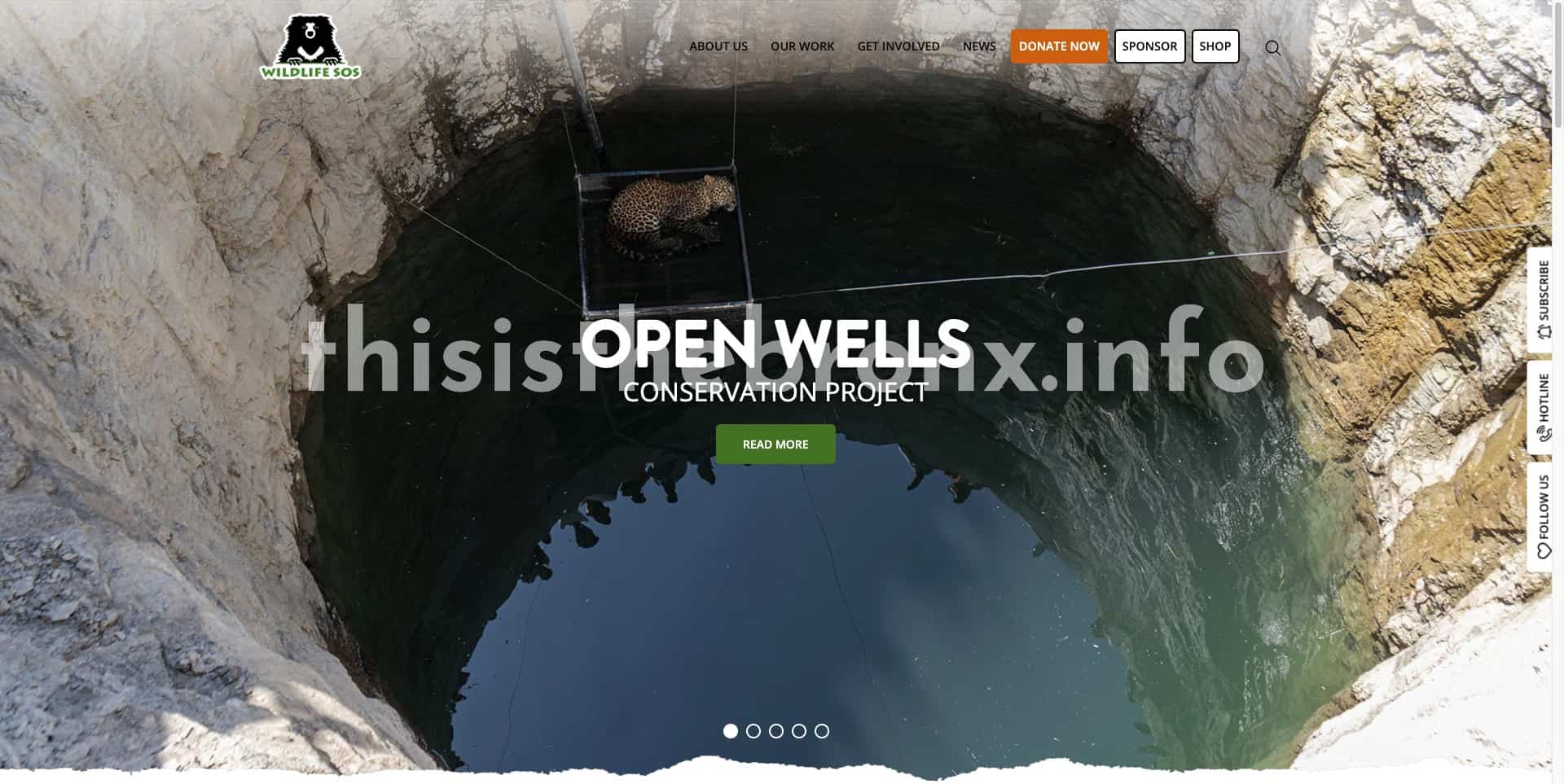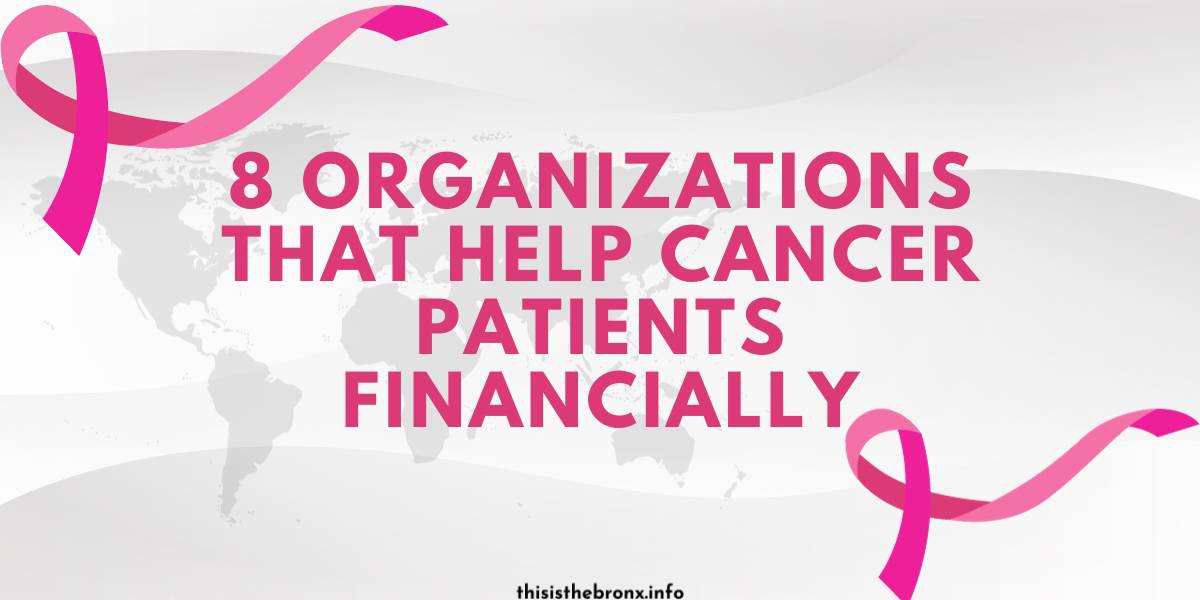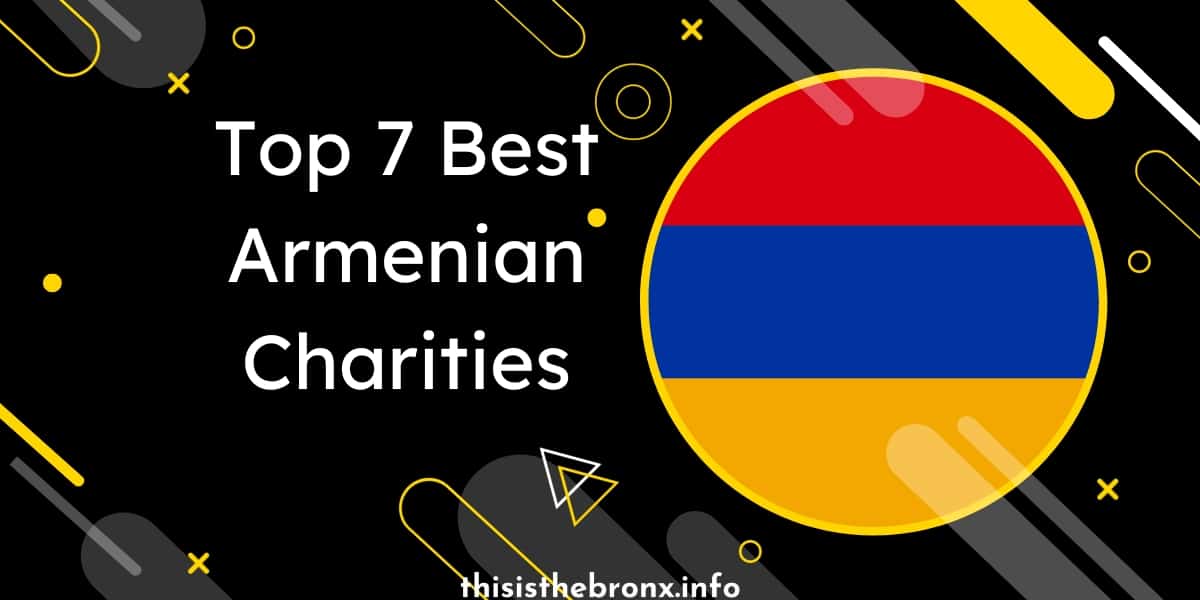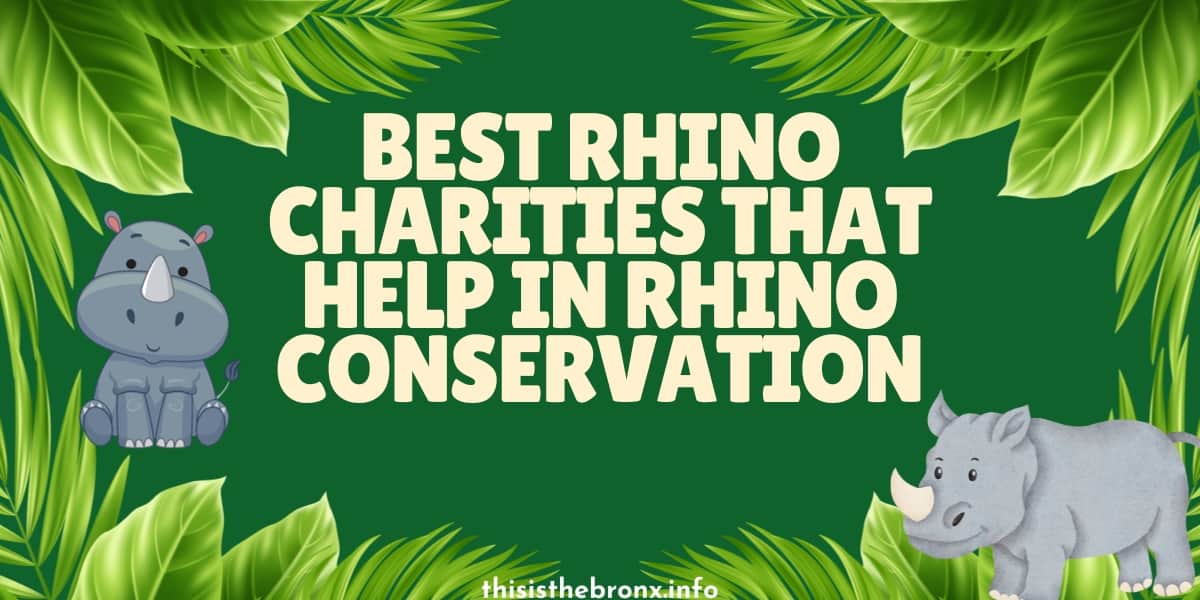We delve into the noble and heartwarming world of elephant charities, those beacons of hope fighting tirelessly for the preservation and well-being of both Asian and wild African elephants. These organizations have dedicated themselves to extinguishing threats that loom over our gentle giants – from mitigating human-elephant conflicts to thwarting relentless poachers.
The best elephant charities are Elephant Aid International, Save The Elephants, African Wildlife Foundation (AWF) and Global Sanctuary for Elephants.
Begin your journey with us at the rustic terrains of Elephant Sanctuaries, noted sanctums that rehabilitate captive elephants back into their natural habitat under watchful eyes full of love. We will shed light on invaluable work done by renowned organizations such as Wildlife SOS and Elephant Aid International in providing specialized care towards conserving this endangered species against all adversities.
Table of Contents
ToggleElephant Aid International
Elephant Aid International (EAI) is a dedicated organisation founded by Carol Buckley in 2009, committed to the protection and welfare of elephants. This prestigious charity operates both locally and internationally, primarily focusing on elephant conservation in Southeast Asia.
Shaped by EAI’s profound respect for the culture and regional realities of life for elephants, their initiatives range from providing actual hands-on care such as pedicures to captive elephants, teaching humane training methods, and advancing stable hygiene to designing solar-powered chain-free corrals. They also work diligently with respective governments and NGOs advocating reforms via laws, regulations, and policies for elephant management while ensuring their sustainability.
A salient feature of EAI’s operations is the implementation of educational programs targeted towards mahouts (elephant handlers), thereby expanding their knowledge base about Elephant biology and psychology resulting in more positive relationships between them and the animals they care for.
Save The Elephants
The revered charity, Save The Elephants (STE), is devoted to rescuing elephants and protecting their ecosystems. They believe in bolstering the diversity and ecological integrity of habitats where these majestic creatures reside. For almost three decades, the Samburu elephant population has been extensively studied by STE, providing a deep understanding of individual elephant histories, behaviours and their response to crises like ivory poaching.
Stepping into the future through technology, STE implements radio and GPS tracking systems for real-time monitoring of elephants safeguarding them from threats like poaching while informing long-term landscape planning needed for maintaining their habitat.
Being authoritative within its field with four staff members on the African Elephant Specialist Group, the information provided by STE holds significant value regarding elephant research across Africa.
International Elephant Foundation (IEF)
The International Elephant Foundation (IEF) is a dedicated global organization, operational since 1998, committed to protecting elephants through multiple comprehensive approaches. These include combating poaching activities, resolving human-elephant conflict issues, promoting community conservation endeavours and expanding the knowledge on elephant diseases for improved treatment and prevention methods. Furthermore, IEF places great emphasis on education about the importance of elephant conservation.
In 2023 alone, IEF will allocate over $650K towards various worldwide elephant conservation efforts. This significant contribution adds up to their total investment of more than $8 million since inception aimed at conserving these majestic creatures.
The David Sheldrick Wildlife Trust
The Sheldrick Wildlife Trust is a pioneering organisation dedicated to the conservation, preservation and protection of wildlife and their habitats across Kenya. For over 45 years, it has been actively making strides in areas such as anti-poaching measures, community awareness enhancement, animal welfare issues and veterinary assistance provision. Notably successful is the Trust’s orphan elephant rescue operation globally acknowledged as one of premier efficacy.
While centred around its Orphans Project for rescuing baby elephants, rhinos and other endangered species, the Trust maintains a holistic ecology focus with initiatives like Aerial Surveillance Units for environment safeguarding and immediate veterinary assistance deployment to wildlife in need.
The Trust’s Saving Habitat initiative works towards preserving crucial wilderness spaces while engaging closely with local communities bordering Kenyas National Parks contributes immensely towards reducing human-wildlife conflict. By working collaboratively with entities such as Kenya Wildlife Service, The Sheldrick Wildlife Trust ultimately champions both fauna protection and harmony between the local population & national park ecosystem.
African Wildlife Foundation (AWF)
The African Wildlife Foundation (AWF) is a non-profit organization founded in 1961 with its primary office located in Nairobi, Kenya. It has various branches distributed across South Africa, Tanzania, Uganda, Zambia and Washington, DC. The AWF operates as a tax-exempt entity under section 501(3) of the Internal Revenue Code.
Boasting a robust team consisting of 36 board members and over 130 paid staff as of 2009; the organization generates funds through direct mail, grant proposals, internet appeals, planned giving options and cause-related marketing strategies.
Notably committed to preserving African wildlife’s future sustainability since its inception nearly six decades ago. The AWF not only works to protect endangered species and lands but also promotes conservation enterprises that positively impact local communities in Africa. Moreover, it provides substantial training opportunities to numerous African natives within the field of conservation.
WWF-World Wide Fund For Nature
The World Wildlife Fund (WWF) is the globe’s most extensive conservation entity, boasting over five million supporters across more than 100 nations. WWF engages with roughly 3,000 conservation and environmental initiatives. It has dedicated upwards of one billion dollars to over twelve thousand conservation-related pursuits since 1995. This foundation garners funding primarily through individual donors and legacies (65%), followed by government entities such as the World Bank, DFID USAID(17%), and corporations(8%).
Its driving objective is to halt any further degradation of our planet’s natural environment while fostering sustainable cohabitation between humans and nature. To keep track of its progress towards these monumental goals, it provides a biennial Living Planet Report using specific metrics.
Big Life Foundation
Protecting over 1.6 million acres of wilderness in the Amboseli-Tsavo-Kilimanjaro ecosystem of East Africa, Big Life partners with local communities to protect nature for the benefit of all.
Since its inception, Big Life has expanded to employ hundreds of local Maasai rangers with more than 30 permanent outposts and tent-based field units, 14 patrol vehicles, 2 tracker dogs, and 2 planes for aerial surveillance.
Co-founded in 2010 by photographer Nick Brandt, conservationist Richard Bonham, and entrepreneur Tom Hill, Big Life was the first organization in East Africa to establish coordinated cross-border anti-poaching.
Not much interested in Elephants? Then here are some charities which care for rhinos.
Amboseli Trust For Elephants
The charity highlights the dire crisis facing the African elephant population, which has decreased from an estimated 1.3 million in 1979 to a shocking 352,000 by 2014. This sudden decrease is attributed to both human-driven destruction and habitat loss. However, a glimmer of hope arises from Kenyas Amboseli region; home to one of the very few elephant populations that have lived relatively free from disturbance due primarily to tourist presence and local Maasai people’s support.
In such a protected environment devoid of poaching and culling pressures, this unique population has grown steadily since the late 70s. Their demographic structure spans all ages presenting crucial data about birth rates, death rates, ranging patterns, and nutritional needs among other vital biological information.
The charity emphasizes that elephants are highly intelligent animals who benefit greatly from their complex social structures Friendships formed at birth are lifelong and bonds with family members remain powerful even in death.
Public outreach work conducted by this charity aims to reshape human perceptions about these majestic creatures; emphasizing their individuality beyond ivory sources or hunting trophiesa change necessary for influencing more efficient management strategies for conserving these endangered species.
Global Sanctuary for Elephants
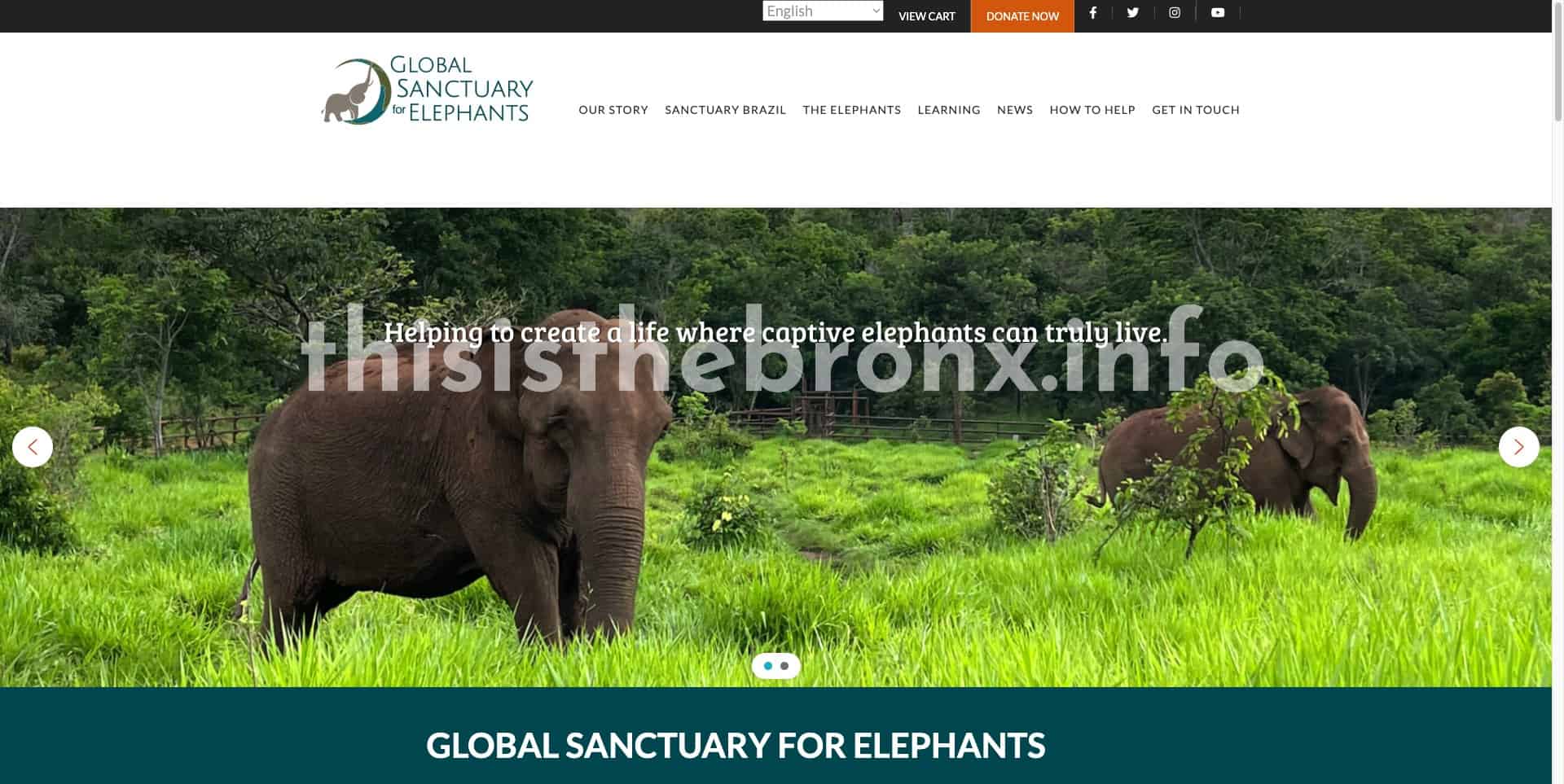
The organization emphasizes the importance of sanctuaries that can offer vast spaces in natural environments where these elephants can heal both physically and emotionally. The co-founders Scott & Kat Blais, boast over 40 years of combined elephant care experience ensuring adequate management.
Particularly notable is their initial project – Elephant Sanctuary Brazil – chosen due to its tropical climate perfect for Asian and African elephants’ livelihoods. This sanctuary champions four crucial offerings; ample open space, mental & physical stimulation opportunities, emotionally nurturing environments as well and herd companionship which fosters a sense of support among the rescued animals.
Wildlife SOS
Founded in 1995, Wildlife SOS is the largest rescue organization in India committed to conserving India’s rich wildlife heritage. This charity actively works towards protecting Indian wildlife and habitats through a host of programs geared toward research, conservation, and sustainable livelihoods for communities dependent on animals due to poaching or sustenance.
Wildlife SOS recognises the importance of ex-situ research in veterinary areas, behavioural studies and reproductive physiology. Collaborative efforts with national and international universities underpin this work. Although known primarily for its efforts in rescuing ‘dancing’ bears of India, Wildlife SOS also tackles various other projects that target environment and biodiversity conservation.
Among its notable initiatives is the Elephant Conservation and Care Centre project – a collaboration with Uttar Pradesh Forest Department which provides a reprieve for severely abused elephants. These rescued elephants can recover within an environment closest to their natural habitat as strides are made toward public education supporting elephant conservation.
